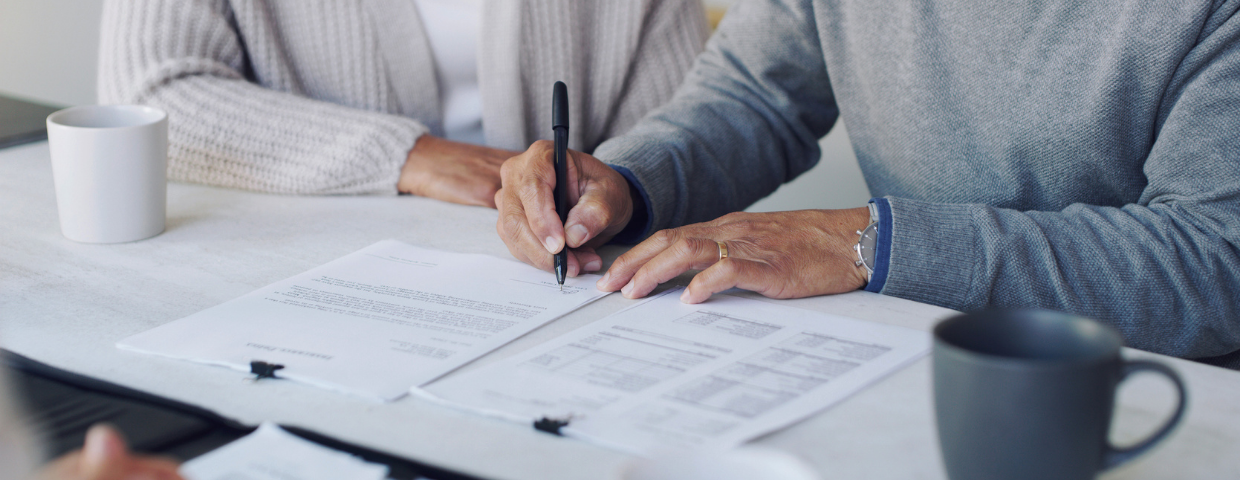The process of buying a home is made up of several stages. After preliminary stages like getting pre-approved, searching for homes, and finding a buyer’s agent, various contracts and buyer-seller agreements will enter the fold as the purchase of a home is finalized. Escrow is a pivotal point in the buying process that will ultimately lead to you, the buyer, receiving the keys to your new home. Here is your guide to understanding escrow and how it works.
A Guide to Understanding Escrow
What is escrow?
Escrow is a vehicle for temporarily holding the funds in a real estate transaction and making sure they distribute properly when the deal goes through. The funds and documents are held by a third party “in escrow” until the terms of the agreement have been filled. Escrow accounts protect the buyer’s “good faith deposit” (also known as “earnest money”) to ensure it goes to the seller as outlined in the real estate contract. These funds show that the buyer is serious about staying true to their offer and does, in fact, intend to pay the seller.
The seller accepting your offer is your cue to begin the escrow process. Your first step is to open an escrow account. Then, you’ll go about securing a mortgage and obtaining insurance for the home. When the deal goes through, the funds in will go towards your down payment and closing costs. Sometimes, the escrow funds are held in the account after the sale of the home has been finalized. This is known as an “escrow holdback.” This situation can often arise if a buyer discovers an issue with the home in their final walkthrough that wasn’t present during an earlier inspection. If the home is in a worse condition than what shows in the contract, then the good faith deposit will go back to the buyer, and they are released from the contract.

Image Source: Getty Images – Image Credit: shapecharge
How does escrow work?
Once all the I’s have been dotted and the t’s have been crossed, an escrow officer will issue a deed with you listed as the new property owner. Then, you’ll order a wire transfer for the funds to be allocated. Once closing is complete, the third party holding the escrow funds will distribute them per the terms of the agreement. This distribution of funds make up a part of the total closing costs for buyers, which include, among others, real estate agent commissions, title and insurance fees, and any HOA dues that may apply.
Escrow evolves after the purchase of a home. Once you’ve bought your new house, your lender will open a mortgage escrow account, through which you’ll pay for your property taxes and homeowners insurance. Held by your lender, the money in this account is added to your monthly mortgage payment.
To not get overwhelmed during the escrow process, it’s important to read your documents carefully and ask questions to make sure you understand them. When it comes time to close on the home, read through everything carefully to make sure you haven’t missed anything before the deal goes final. F

 Facebook
Facebook
 X
X
 Pinterest
Pinterest
 Copy Link
Copy Link
